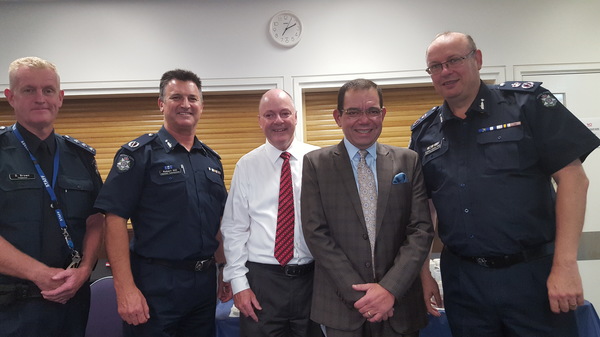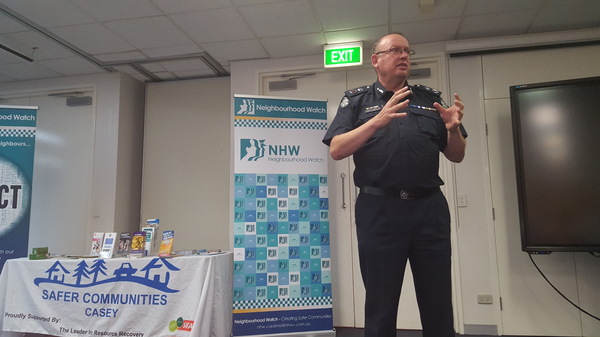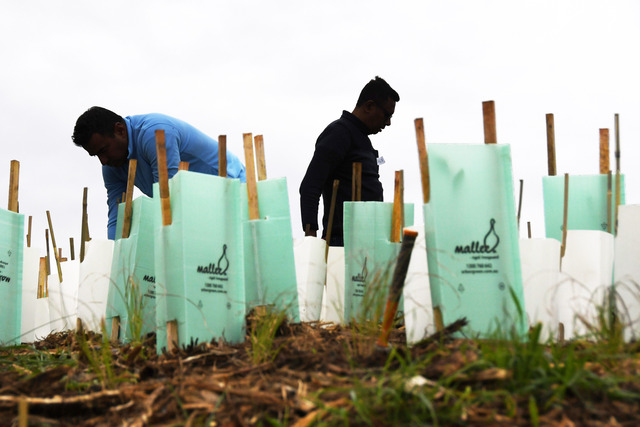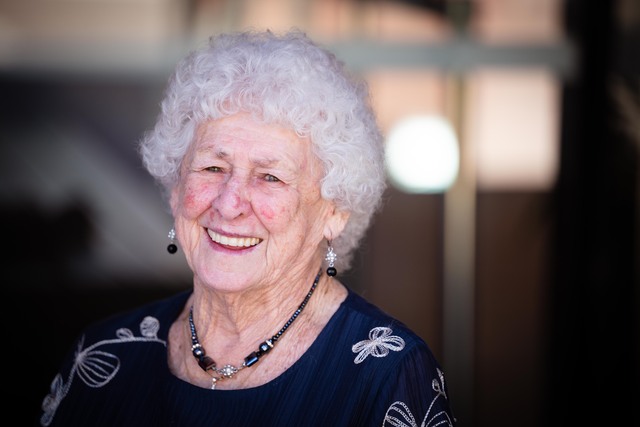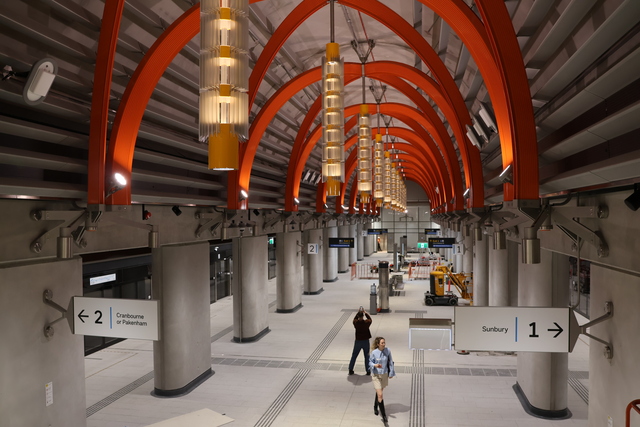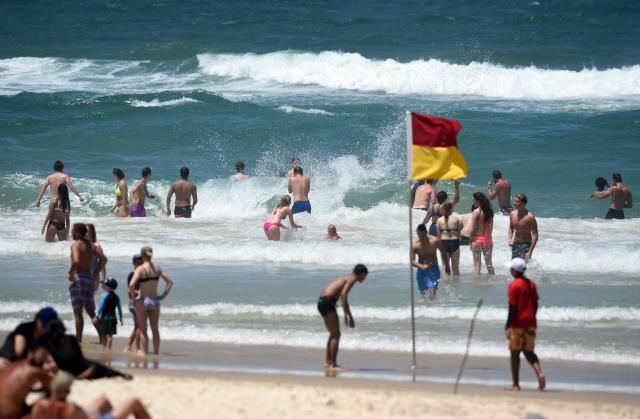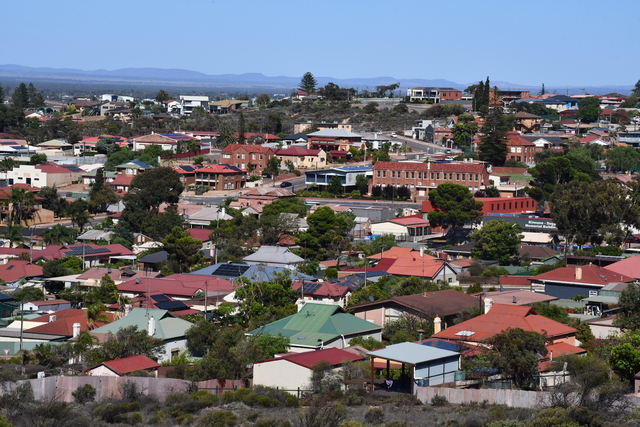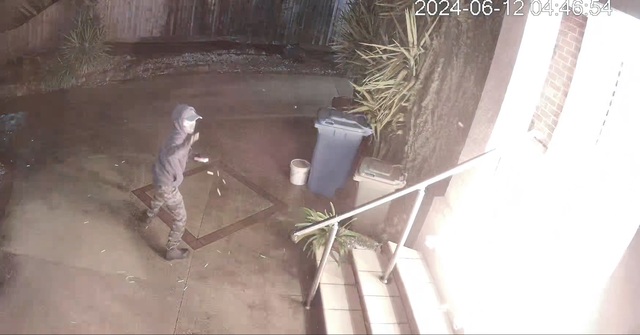By Cam Lucadou-Wells
The good news is that police are making inroads into soaring youth crime rates in Melbourne’s south-east, said Chief Commissioner Graham Ashton.
But Victoria’s top cops fear the young “hard core” offenders that police are arresting – and frustratingly re-arresting – are part of a lost generation who were living in a fantasy world and were destined for institutionalisation.
Mr Ashton told a Casey Neighbourhood Watch meeting on 8 February that less than a dozen leaders of the Apex Gang had been out on more than 100 counts of bail.
He noted that police were quickly arresting the repeat offenders and judges were tending to remand more in custody – which in turn was cooling the juvenile crime rate.
However, offenders weren’t changing their behaviour.
“We’ve got a whole group in that mid-teen range who I don’t know that we’re going to save,” Mr Ashton said.
“There’s a group that are well-entrenched who I think are going to be institutionalised for most of their lives.”
Police had made 18,000 more arrests in the past year but there were fewer offenders.
Counter-intuitively, young offender numbers in Victoria were the second-lowest per capita nationally.
“It shows we have a small group of really hard-core youth offenders stretching us to our limits,” he said.
He was confident that police could help drive down the crime rate as low as 1-2 per cent growth by the second half of 2017.
Last year, it had been climbing by 14 per cent but trending towards single digits in recent months.
The alarming spate of home invasions and car-jackings was dissipating due to higher remand rates for those offences, Mr Ashton said.
But “softer-target” robberies of servos and supermarkets, particularly for cigarettes, were rising.
“They think stealing cigarettes might not be treated as seriously,” he said.
He said organised crime groups were behind the raids and were paying the young thieves for the cigarettes.
The products would then be sold for “next to nothing” under retail counters.
With a bevy of extra recruits over four years, a new resource allocation model, he was optimistic there would be relief for the south-east’s stretched police force.
He noted recent technological advances which were bringing police up to speed such as a roll-out of up-to-date ballistic vests, clothes-mounted video cameras and a 24-7 air wing.
Assistant Commissioner Robert Hill, the southern metro region commander who was also responsible for reducing car thefts, told the meeting that young car thieves were targeting luxury European models as a “badge of honour”.
In their efforts to live a “gangster” lifestyle, they would then commit armed robberies and petrol drive-offs in their stolen cars.
“They’re living in a fantasy world,” he said.


